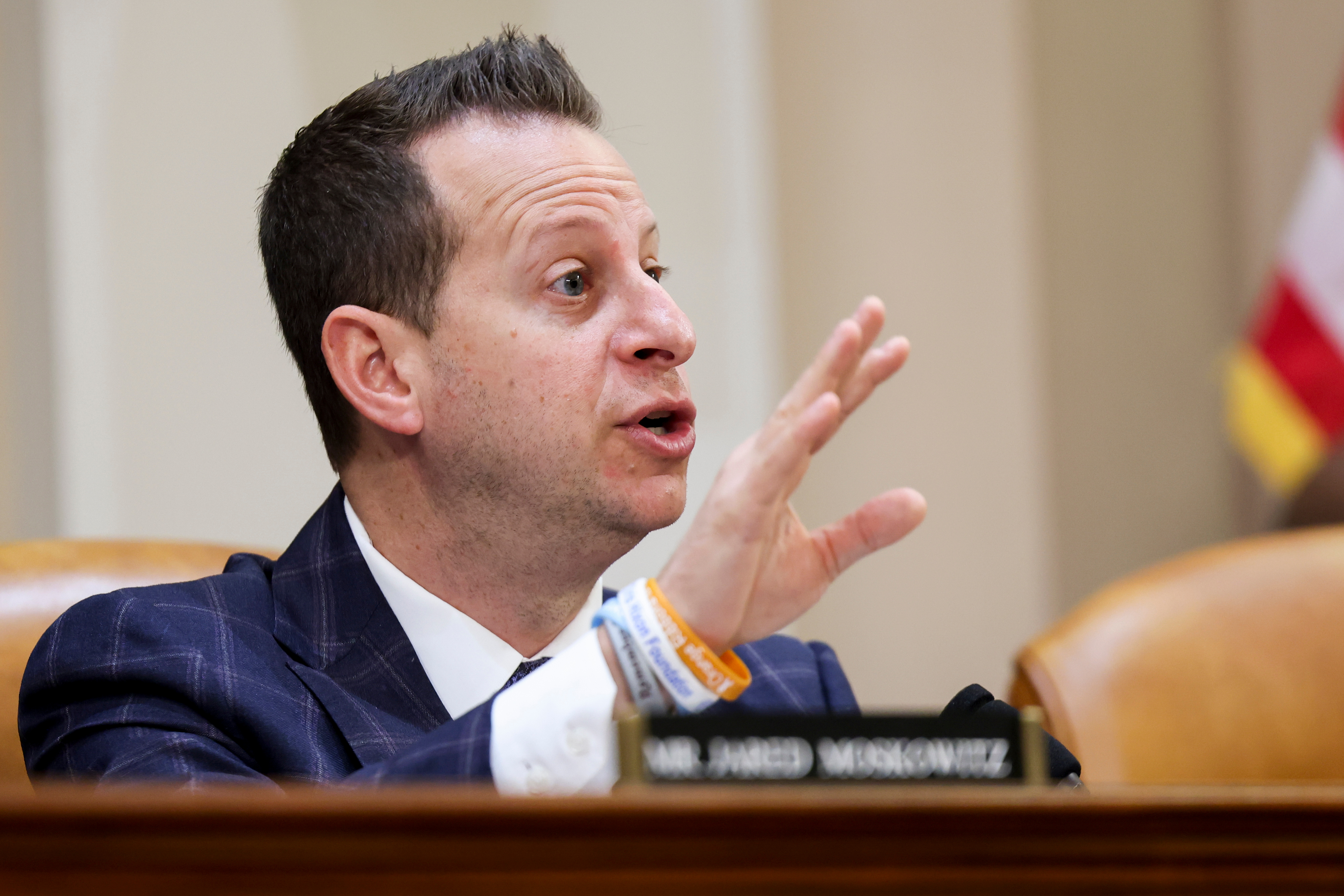
Florida moved closer Thursday in requiring online retailers and other out-of-state merchants to collect sales tax, a step that could add about $1 billion annually to state revenues.
The Florida House joined the state Senate in supporting a proposal that would require out-of-state retailers to collect taxes on purchases bound for a Florida address. The Senate has already approved a version of the bill, but must review and approve the measure approved by the House before it can head to Gov. Ron DeSantis for his signature.
Current law requires sales taxes to be paid to the state by the purchaser, but very few do so. The legislation shifts that burden to out-of-state retailers or online marketplaces, which would have to collect state and local sales taxes much like brick-and-mortar stores now do.
Some Democrats opposed the bill, calling it a regressive tax on working people. They also objected to having the proceeds disproportionately benefit business owners.
The Hurricane season is on. Our meteorologists are ready. Sign up for the NBC 6 Weather newsletter to get the latest forecast in your inbox.
Some of the money would be transferred to the state’s unemployment trust fund and would reduce unemployment taxes for businesses. Once the unemployment fund is shored up, revenues generated by the measure would go to the state's General Fund.
“It helps us replenish the unemployment fund that was devastated because of a pandemic that wasn’t created by any of the job creators here,” said Rep. Bob Rommel, a Republican and supporter of the measure. “We’re going to refill it by not taxing them.”
Democrats saw the measure differently and likened the bill to a tax cut for businesses, while characterizing it as a regressive tax on working people.
Local
“This bill in my estimation is robbing Peter to pay Peter,” said Rep. Evan Jenne, the Democratic co-leader in the House.
“Those with the least to give will have to give the most,” Jenne contended, to bail out what he called “the state’s abysmal unemployment system.”
The economic downturn caused by the pandemic has spawned massive unemployment, prompting hundreds of thousands of Floridians to seek jobless benefits. The demand drew down the state's unemployment fund, and officials have sought to replenish those dollars.
Federal funds are also being used to shore up the state's unemployment system.
If the governor signs the measure and accompanying legislation into law, the surge in sales tax collections would be used to bring the fund's balance up to at least $4 billion.
The fund dropped to about $775 million in February, and state estimates show that the fund may now have dropped below $562 million. Before the pandemic, the fund had more than $4 billion in reserve to benefit the state's unemployed.
Without the measure, employers would have to absorb significant increases in the unemployment taxes they pay into the fund.
Under the proposal, the infusion of sales tax revenues triggered by the measure would be diverted to the unemployment fund until it reaches $4.07 billion or no later than the end of 2025. After that, the money will revert to the General Fund.
Meanwhile, a bill is moving through the Legislature that would raise the maximum weekly unemployment benefit to $375 — up from the current $275 weekly benefit.
The House earlier this week added a provision, previously negotiated by House and Senate leaders, that would reduce the commercial rent taxes paid by business owners from 5.5% to 2.0%.



